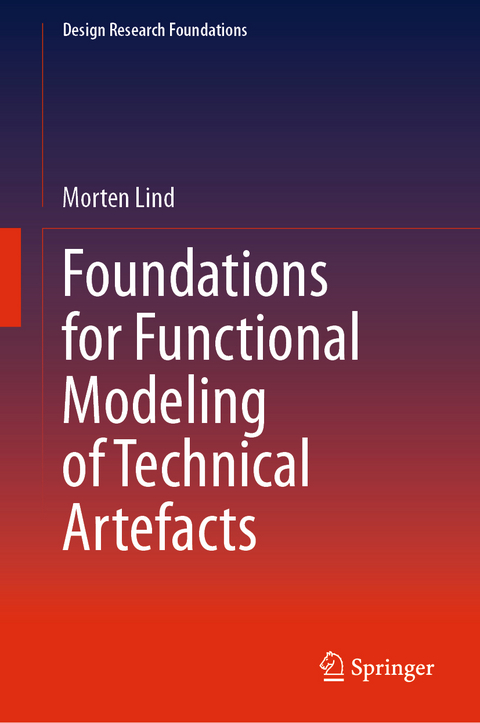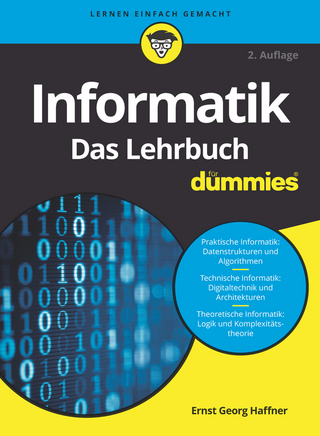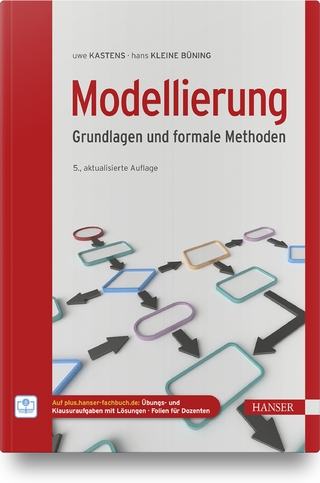
Foundations for Functional Modeling of Technical Artefacts
Springer International Publishing (Verlag)
978-3-031-45917-7 (ISBN)
lt;p>Morten Lind is Professor Emeritus at Department of Electrical and Photonics Engineering, DTU with more than 35 years of experience in the application of artificial intelligence and cognitive science research in automation and control of industrial processes. Prof. Lind has also a general interest in the foundations of engineering science. His main research contribution is the development of Multilevel Flow Modeling (MFM) which is a method for modeling goals and functions of complex automated processes within energy and chemical production. MFM has applications for knowledge based decision support in process and automation design, fault management, supervisory control and human machine interaction. Prof. Lind participated in several EU research programs within advanced information technology, in Nordic nuclear power research programs within automation and safety and in national funded basic research centers on Semiotics and Human Machine Interaction. He participated in the EcoGrid.dk project initiated by the Danish transmission system operator Energinet.dk. Prof. Lind had long term cooperation with the IFE Halden Reactor Project and has initiated research cooperation with Eldor Technology now: Kairos Technology, Norway and Danish Hydrocarbon Research and Technology Centre (DHRTC) now: Danish Offshore Technology Centre on MFM applications for decision support in the operation of oil and gas platforms in the North Sea.
Part 1:Introduction.- CH1:Background.- CH2:Design and Operation of Complex Systems.- CH3:Modelling and Frameworks of Interpretation Key concepts: Action, Means-ends, goals, functions, dispositions and structure.- Part 2.- CH4:Concepts of Function.- CH5:Foundations in different scientific disciplines.- Part 3:Concept of Action.- CH6:Aspects of action.- CH7:Action types.- CH8:Action purposes.- CH9:Domains of action and dynamics.- CH10:Action roles.- CH11:Action phases.- CH12:Action and failure types.- CH13:Perception and action.- CH14:Control actions.- Part 4:Means and Ends.- CH15:Teleology and causality.- CH16:Means-End structure.- CH17:Types of Ends.- CH18:Means-ends and functions.- CH19:Means-end and action.- Part 5:Modeling Goals and Functions of Technical Artifacts.- CH20:Using foundations to design domain ontologies (MFM as case).- Bibliography.- Appendix: Summary of concepts.
| Erscheinungsdatum | 12.12.2023 |
|---|---|
| Reihe/Serie | Design Research Foundations |
| Zusatzinfo | XVII, 328 p. 154 illus., 7 illus. in color. |
| Verlagsort | Cham |
| Sprache | englisch |
| Maße | 155 x 235 mm |
| Gewicht | 679 g |
| Themenwelt | Mathematik / Informatik ► Informatik ► Theorie / Studium |
| Schlagworte | Action Complexity Modelling • Complexity of Industrial Systems • engineering philosophy modelling • foundation design complexity • foundation engineering • Foundation Modelling • functional modelling • Human Machine System • Means end Analysis • Multilevel Flow Modelling • Process Automation and Control |
| ISBN-10 | 3-031-45917-2 / 3031459172 |
| ISBN-13 | 978-3-031-45917-7 / 9783031459177 |
| Zustand | Neuware |
| Informationen gemäß Produktsicherheitsverordnung (GPSR) | |
| Haben Sie eine Frage zum Produkt? |
aus dem Bereich


